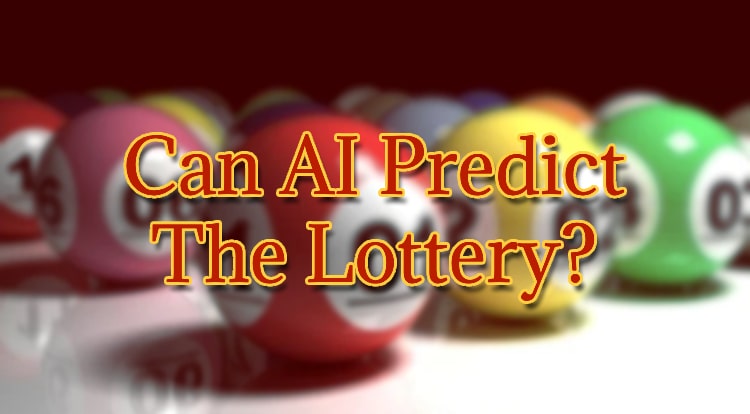
The idea that artificial intelligence (AI) can predict the lottery is fascinating to many. With the incredible advances in technology, it might seem possible that machines could crack the code to lottery success.
However, it's essential to understand that each lottery draw is an independent event. This means every number has the same chance of coming up in every draw, regardless of previous results.
In this blog post, we'll explore how AI works and why predicting the lottery remains incredibly difficult, if not impossible. We'll also discuss how the randomness of each draw ensures fairness and unpredictability.
Let's delve into whether AI can help us beat the odds or if the lottery will forever remain a game of pure chance.
Can Artificial Intelligence Predict Lottery Numbers?
Artificial intelligence, or AI, is designed to recognise patterns and make predictions based on data. It's effective in many fields, like recommending movies or spotting credit card fraud. However, predicting lottery numbers is a different challenge.
Each lottery draw is an independent event. This means the outcome of one draw does not influence the next. For instance, the numbers drawn in last week's lottery have no effect on the numbers that will be drawn this week.
AI relies on finding patterns in data, but because lottery draws are random, there are no patterns to follow. Each number has an equal chance of being drawn, regardless of historical data.
Although AI can handle huge amounts of data and perform complex calculations, it can't overcome the fundamental randomness of lottery draws. So, while AI might seem like a powerful tool, it can't predict lottery numbers any better than a guess.
Understanding the independence of each draw helps us see why AI can't crack the lottery. No matter how smart the technology, the randomness of the lottery makes sure each draw is fair and unpredictable.
Can AI Defeat The Lottery?
To determine if AI can defeat the lottery, we need to understand how lotteries work. Lottery numbers are drawn at random. Each draw is an independent event, meaning past results do not influence future outcomes.
Artificial intelligence excels at analysing data and finding patterns. However, because lottery draws are random, there are no patterns to find. Each number has an equal chance of being picked every time a draw occurs.
This randomness is what makes predicting lottery numbers so challenging. AI can't predict random events because there's no data trend to follow. While AI might predict outcomes in systems with patterns, it can't do the same with the lottery.
In essence, AI can't defeat the lottery because it cannot override the inherent randomness. The independence of each draw ensures that no technology, no matter how advanced, can predict the next set of winning numbers.
Therefore, while AI is powerful in many areas, defeating the lottery remains beyond its reach. Each lottery draw will continue to be a game of chance, impervious to prediction.
Can You Win The Lottery By Using ChatGPT?
ChatGPT is an advanced AI developed for generating text and answering questions. But can it help you win the lottery? Let's explore this idea.
Firstly, it's important to understand that each lottery draw is an independent event. This means the numbers in one draw have no impact on the numbers in the next draw.
ChatGPT can provide information, answer questions, and even engage in interesting conversations, but it cannot predict random events. Lotteries are designed to be random, ensuring unpredictability and fairness for all players.
While ChatGPT might offer tips on responsible gambling or share interesting facts about lotteries, it cannot give you a winning set of numbers. Its capabilities lie in understanding and generating language, not in predicting outcomes of random events.
In summary, using ChatGPT won't improve your chances of winning the lottery. Each draw remains a game of chance, with every number having an equal chance of being picked.
Is The Lottery Truly Random?
To determine if the lottery is truly random, we need to understand how lottery systems work.
Lotteries use machines to draw numbers in a way that ensures each selection is completely random. These machines are designed to mix lightweight balls thoroughly inside a container with air blowing through it and then select them without any predictable pattern.
Because each lottery draw is an independent event, the outcome of one draw does not affect the next. So, the numbers drawn last week won't influence the numbers drawn this week or any other week.
Lottery officials take stringent measures to ensure the randomness of each draw. This includes regular equipment checks, independent audits, and strict protocols. These measures help maintain the integrity and fairness of the game.
Given these safeguards, we can trust that lotteries are genuinely random events. This randomness is what makes predicting lottery numbers so difficult, if not impossible, regardless of the tools or technology used.
So, the short answer is yes - the lottery is truly random. Every draw stands alone, unaffected by past results and ensuring that every number has an equal chance of benign drawn every time.
